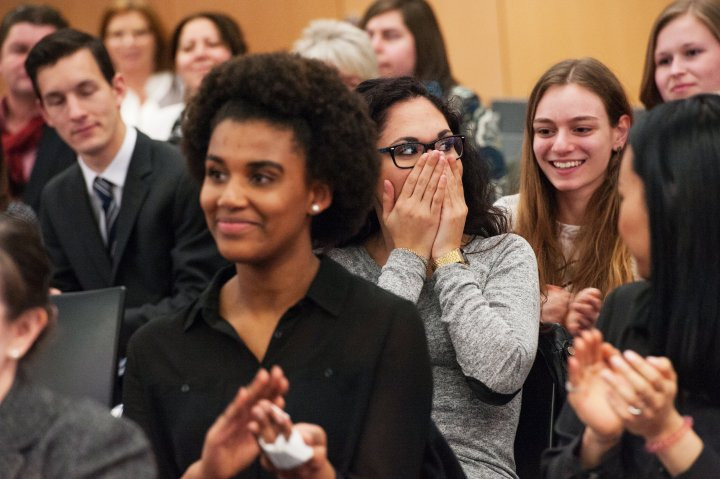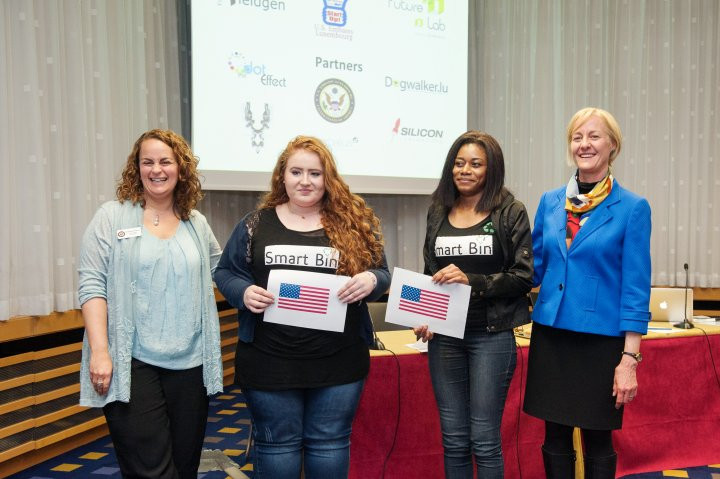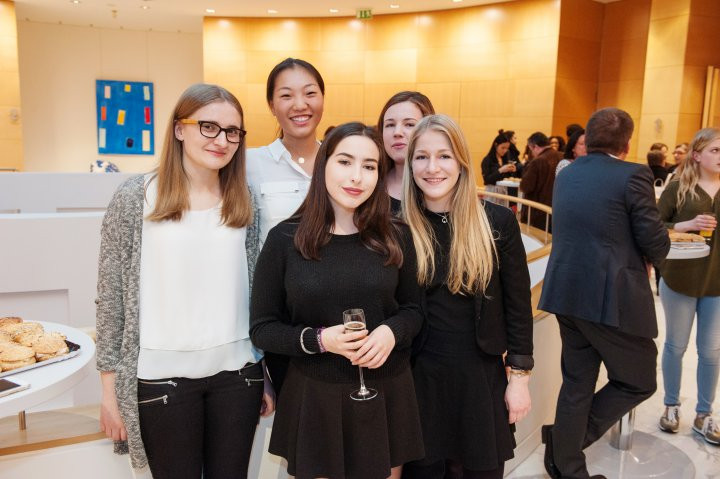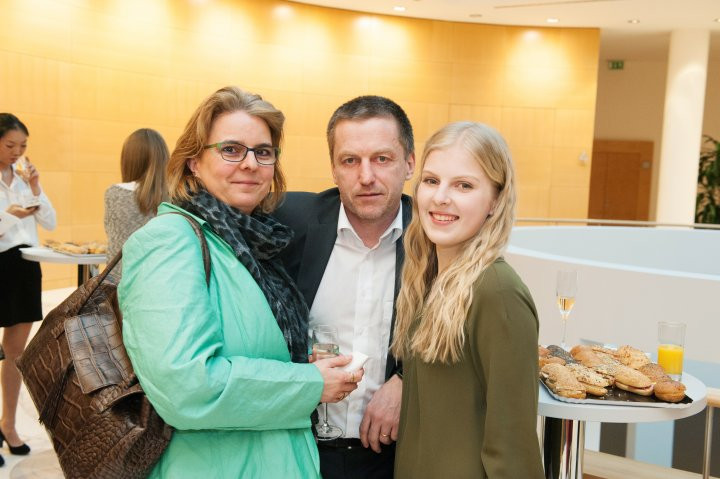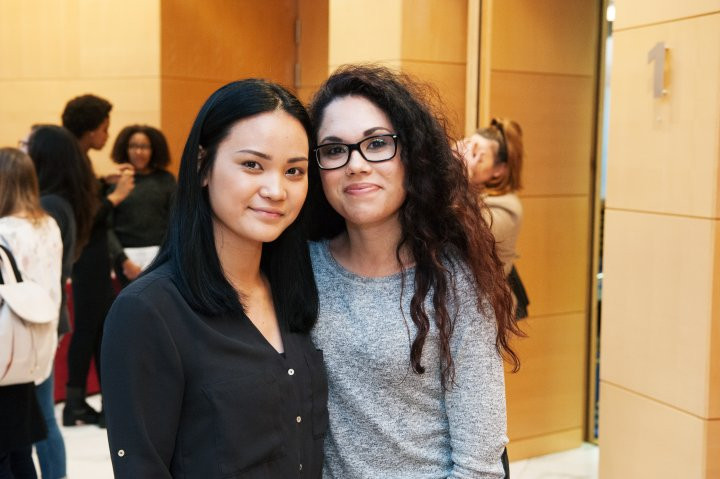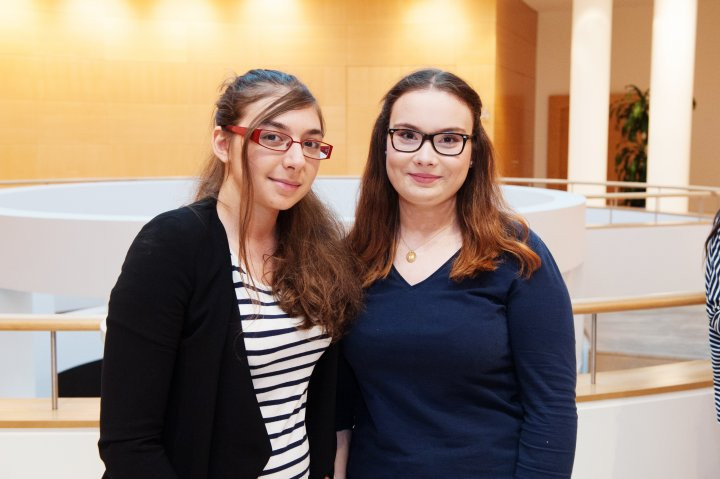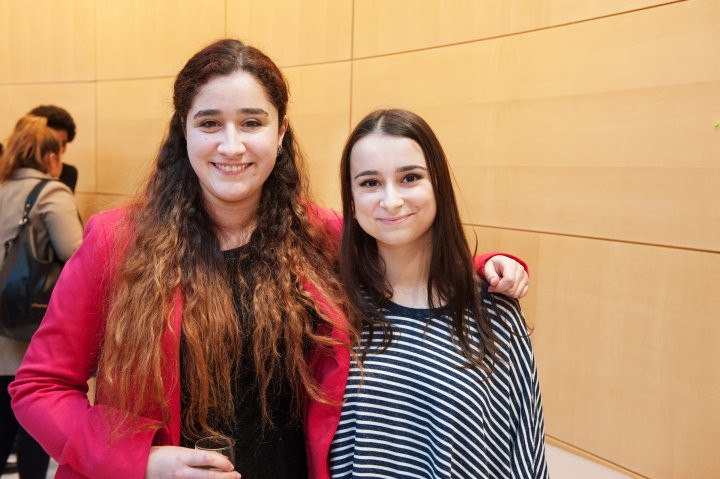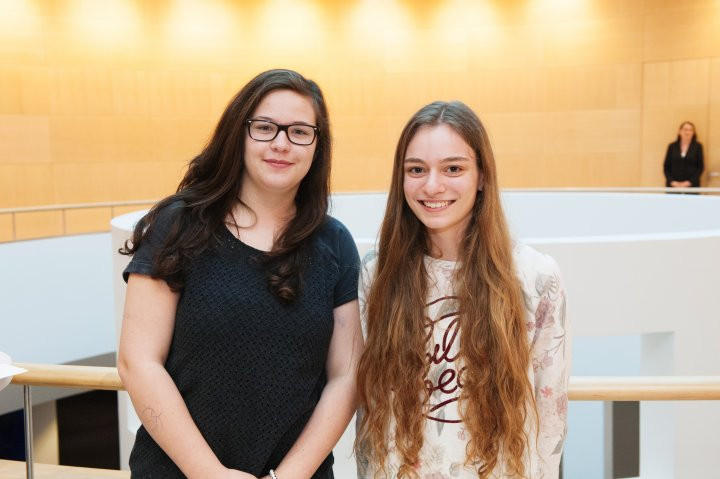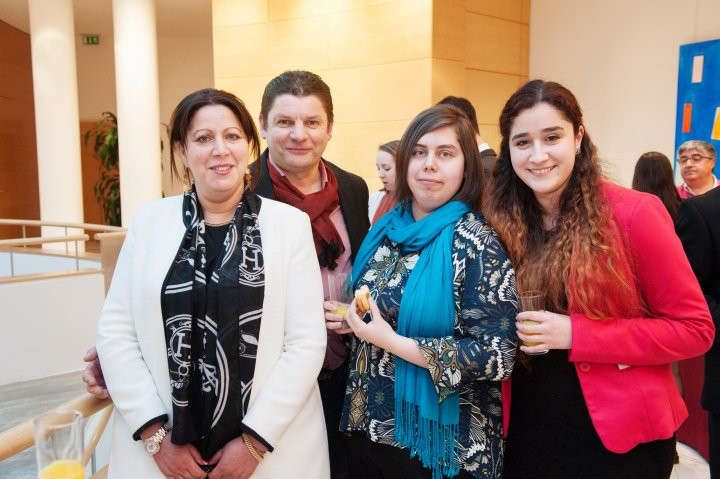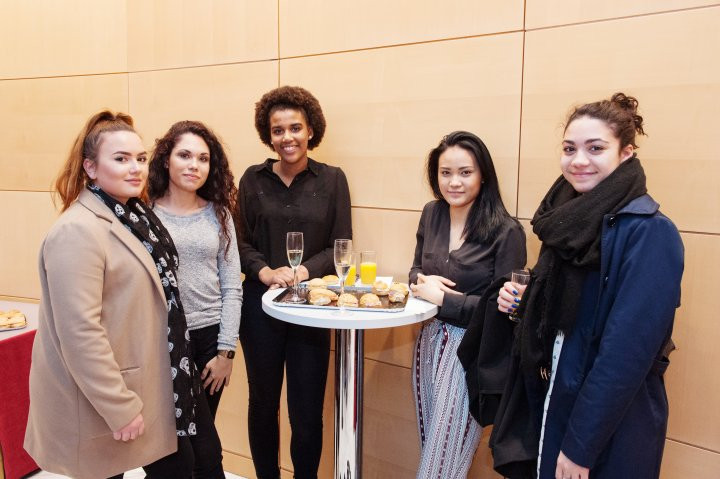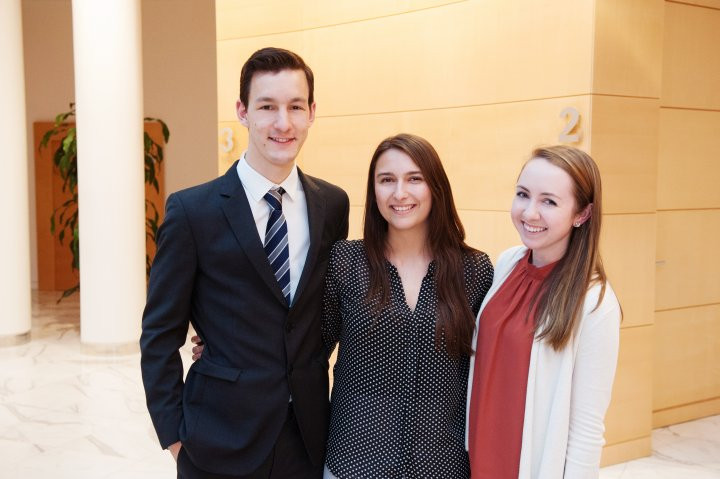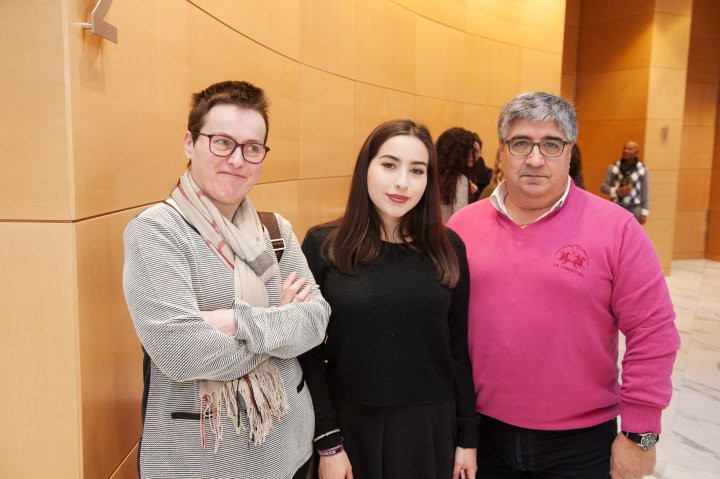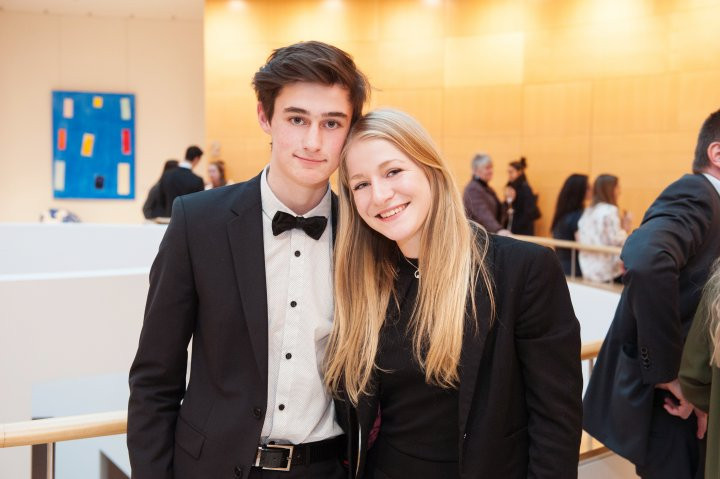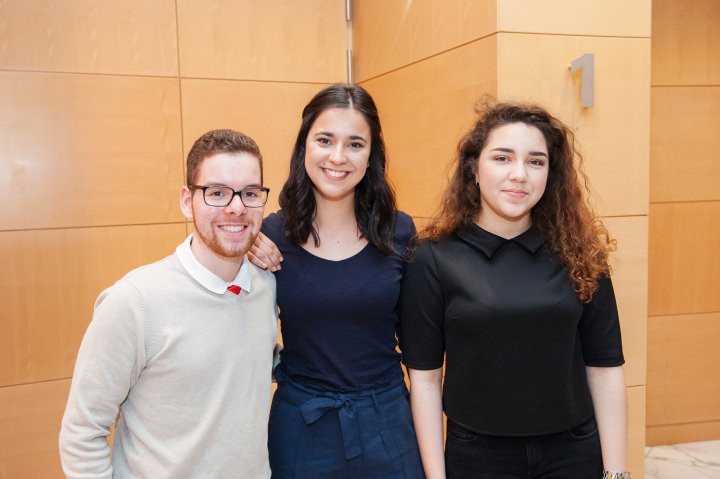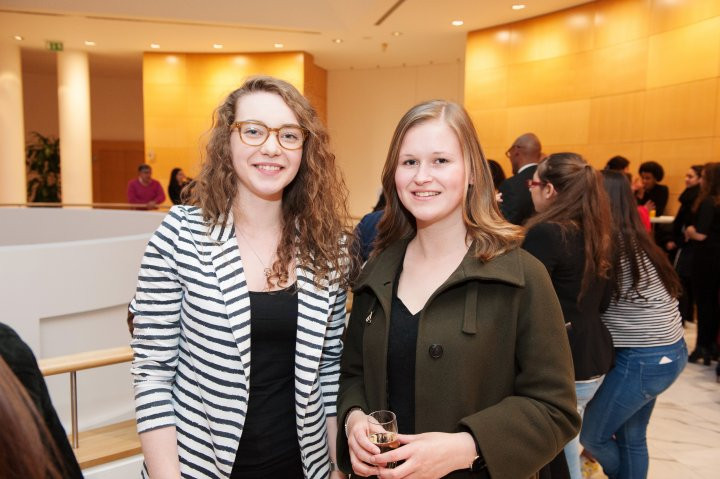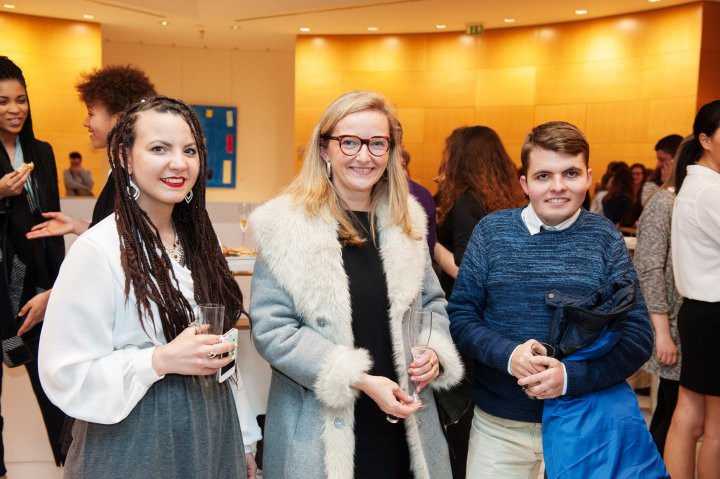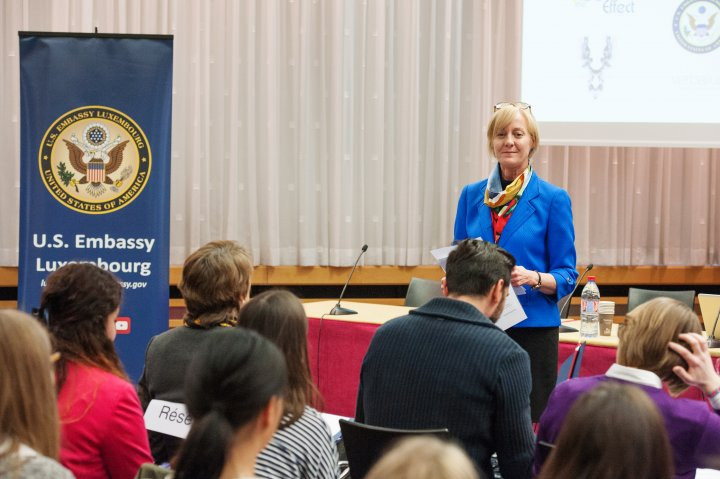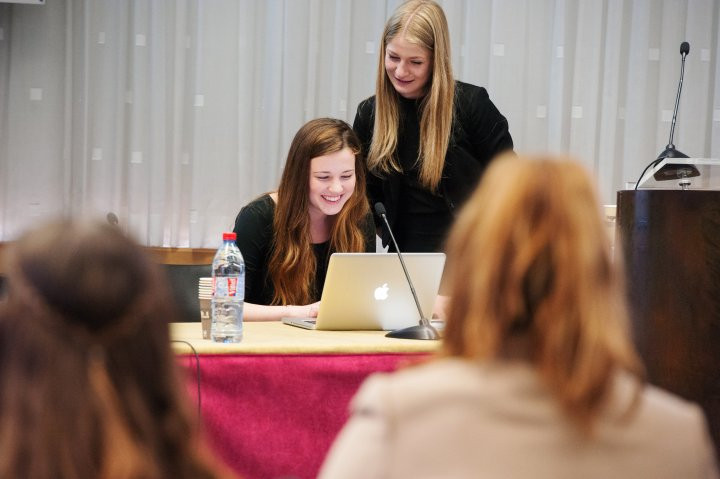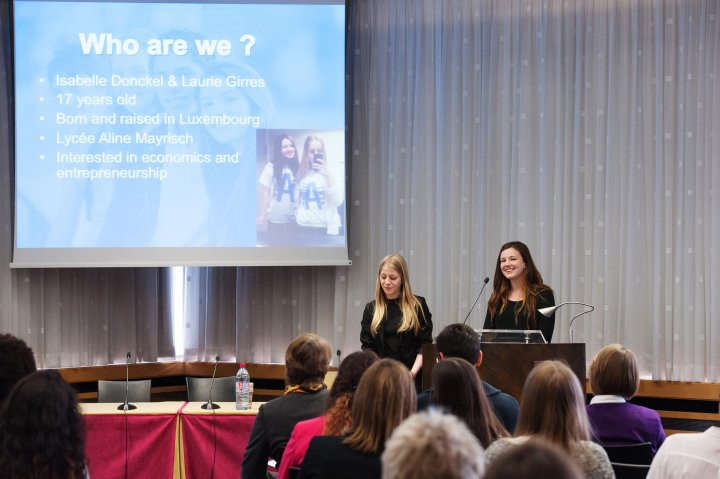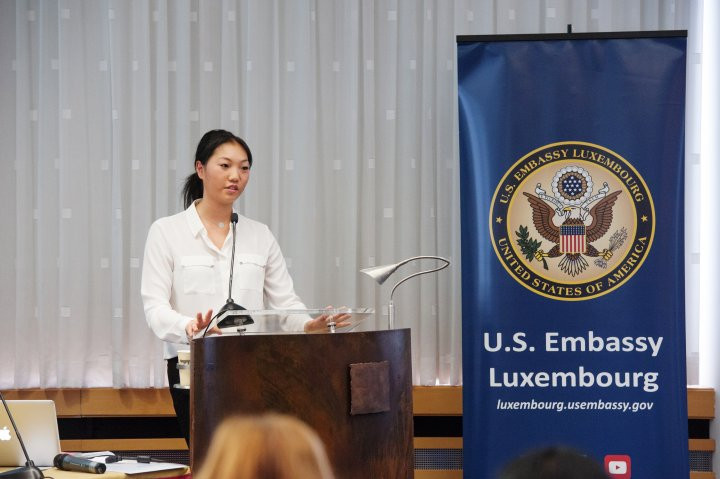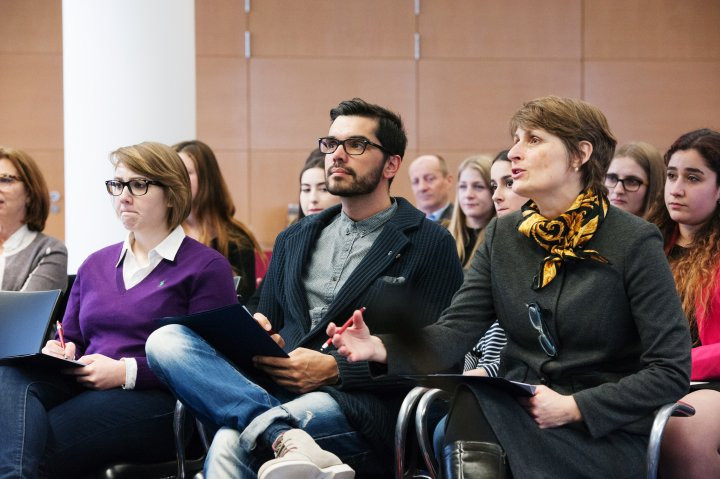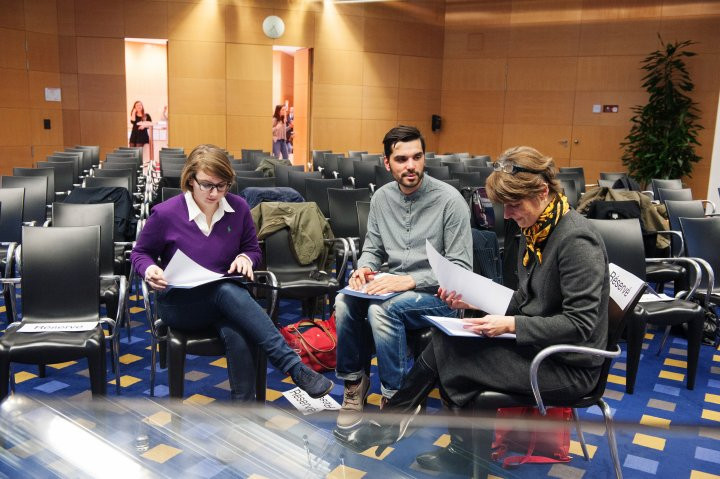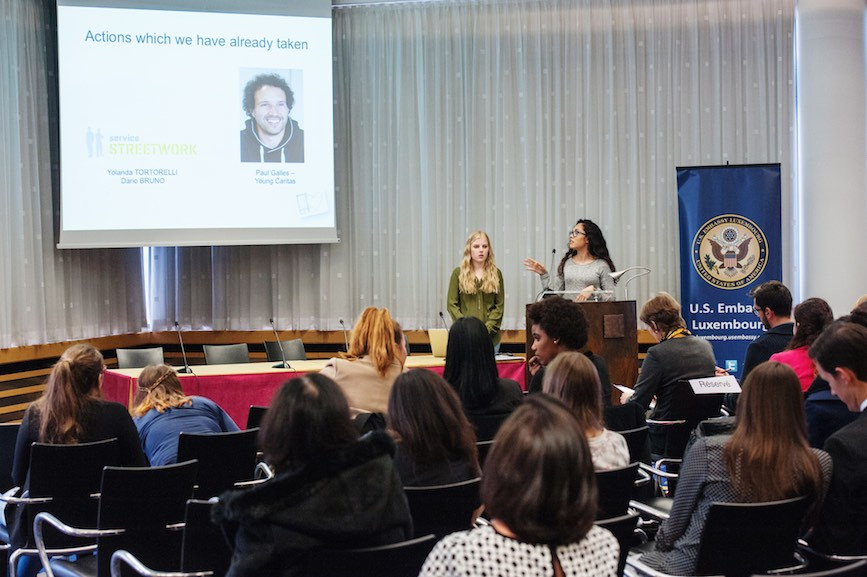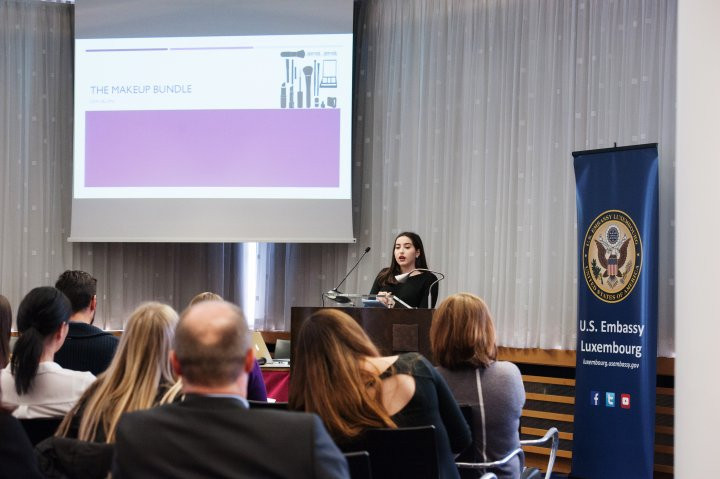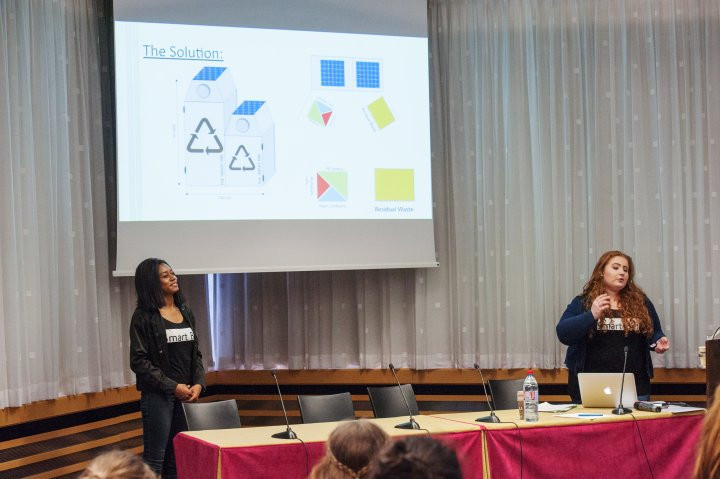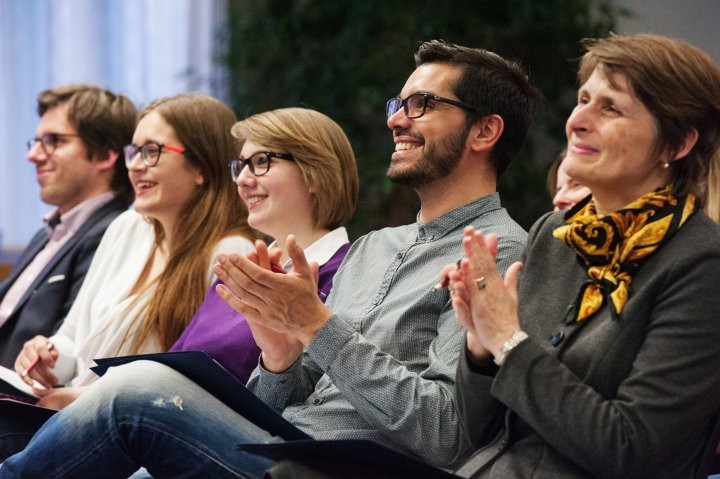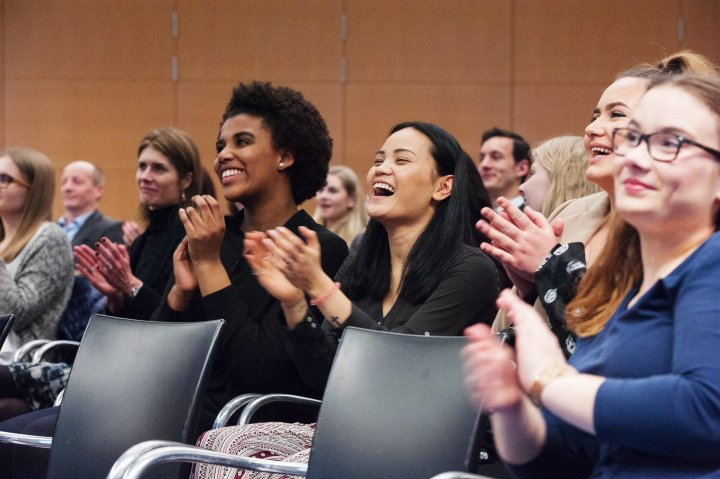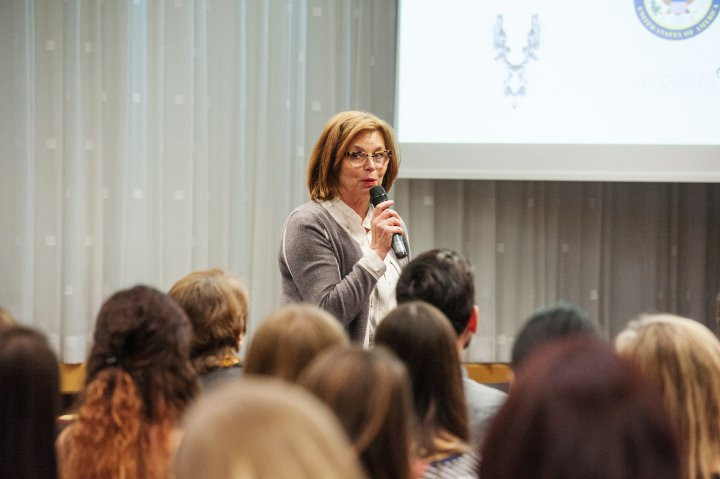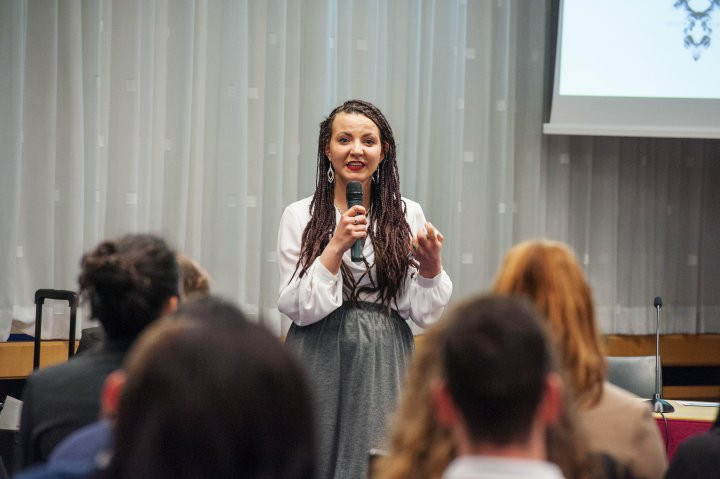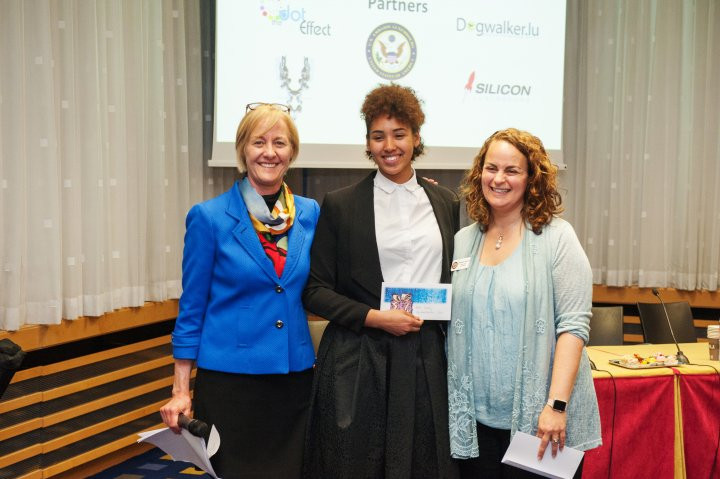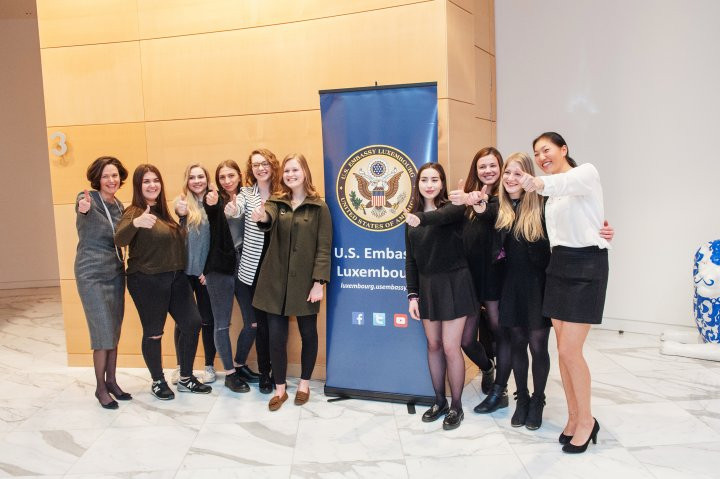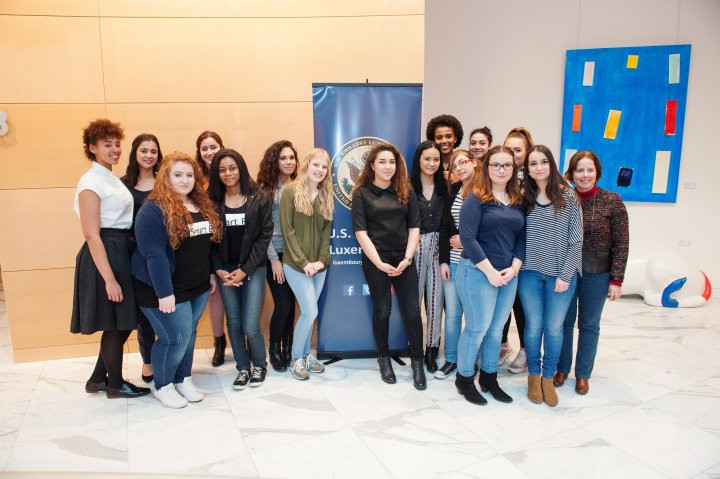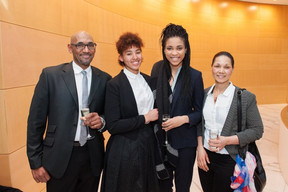Only two are headed to southern California in July, courtesy of the American government, but all had the chance to create and present their own startup idea. Twenty-eight Luxembourg girls competed in the “Pitch Night” on Wednesday evening that capped the US embassy’s week-long “Startup 3.0” student contest.
The student entrepreneurship programme launched three years ago, Stephanie Shaheen of the US embassy in Luxembourg told Delano following the event. After the previous US ambassador, Robert Mandell, had visited every high school in the Grand Duchy and asked students about their career goals, he noted that few said they wanted to start their own business. So the embassy decided to share a bit of the American startup spirit with Luxembourg, Shaheen explained.
For the contest’s third edition, the students attended five days of workshops after school, led by Sheena Lindahl, CEO and co-founder of Empact, an organisation based in New York City that promotes entrepreneurial culture.
Then, working in teams of two, the high schoolers had five minutes during the “Pitch Night” to present their business case, in English, to a jury of businesspeople. The top four then repitched in a final round.
Sheehan said she was impressed with the level of research and preparation that the students put into their presentations. Many conducted interviews with external experts, for example, with officials at the environment ministry, a recycling centre and plastics engineers.
Smart Bin
The grand prize winning team, Cheryl Schmitz and Victorine Kipulu, presented a “Smart Bin”. Kipulu and Schmitz “have each won an all-expense paid trip to the American Entrepreneur Academy in California at Concordia University Irvine” this summer.
While the embassy does not expect that all of the students in the programme will really start the businesses they pitched, Sheehan added, the contest does “plant a seed” in their minds about different career options.
She also noted that the top winners came from the “technical” sections of high schools, and not the “classical” sections. In contrast to the “bias that classical students are well spoken” and technical students are not, Sheehan said the contest “showcases what people can do when given the chance.”
